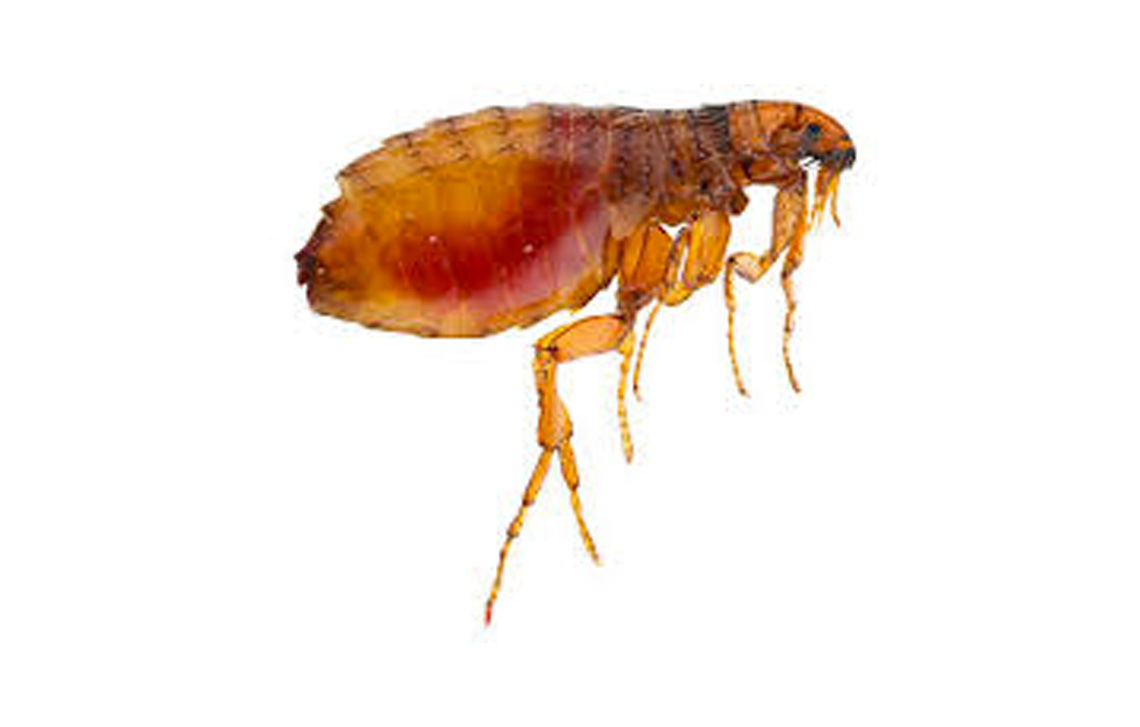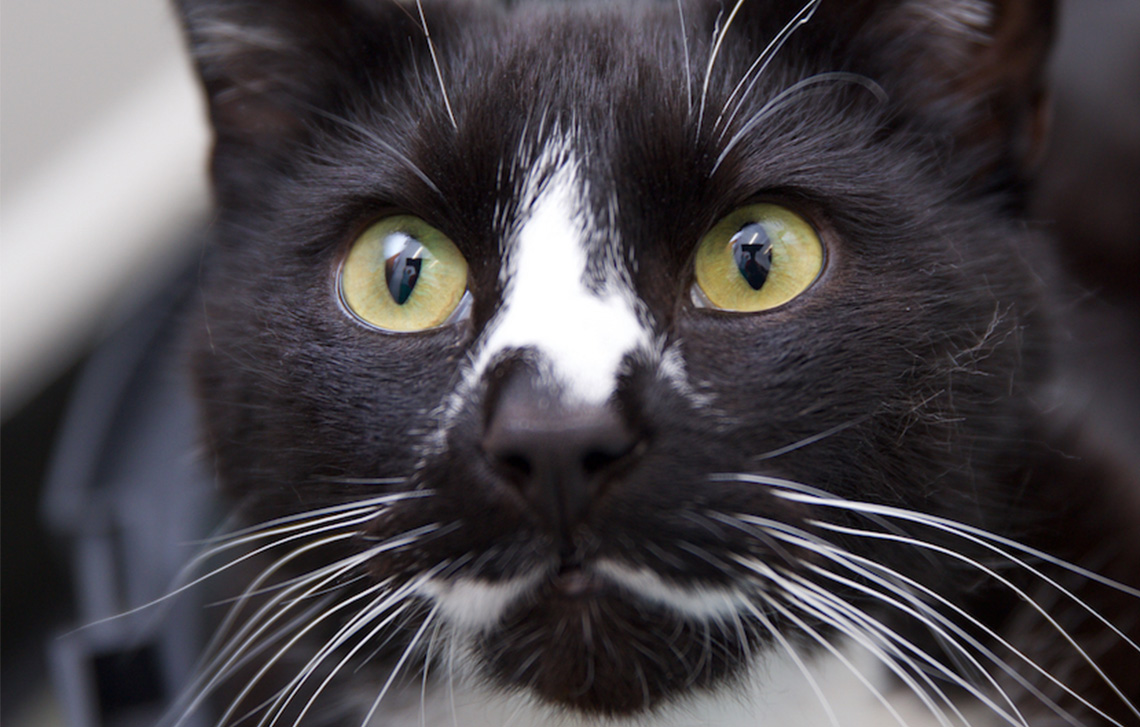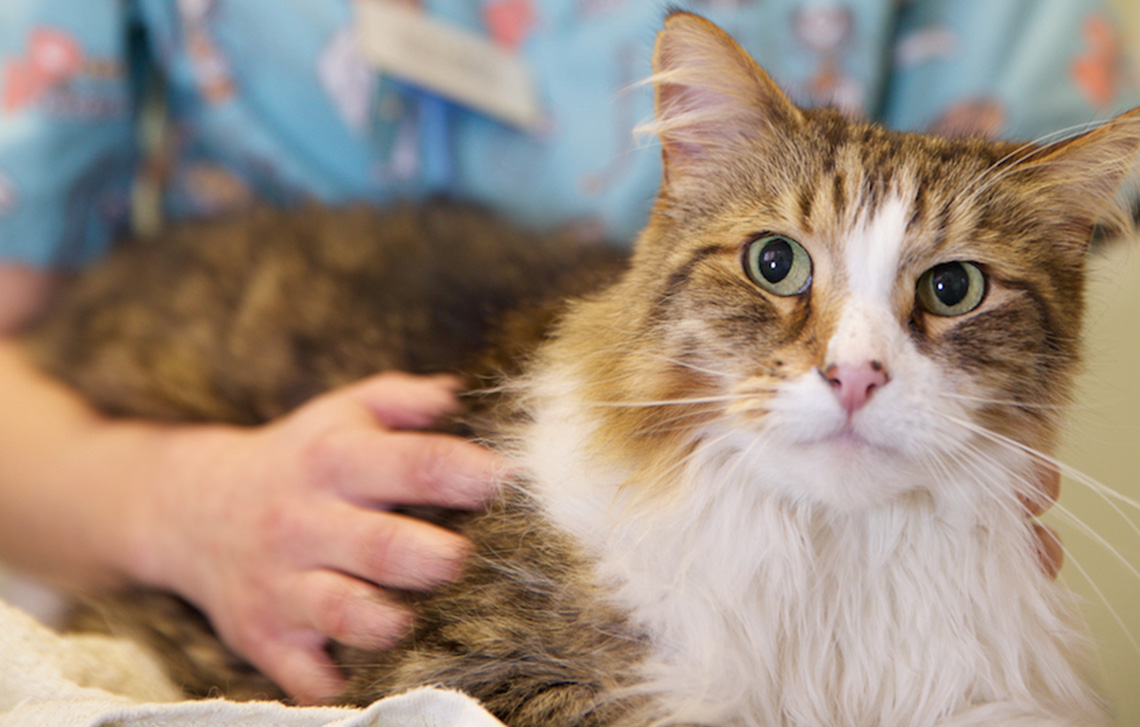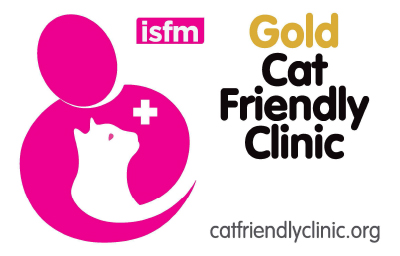
It’s tempting to think all animal fleas can be treated with one product, but some dog flea treatments are highly toxic to cats. Even using them on dogs living with cats is inadvisable, so check before buying.
Why treat cats for fleas? Fleas feed on blood, so in young kittens can cause weakness, anaemia and death. Allergy to flea bites causes cats to scratch excessively or develop skin disease. It’s unpleasant for humans sensitive to flea bites too. The flea – which can transmit infectious agents causing serious illness – also carries the larval stage of the tapeworm Dipylidium caninum so your cats can become infested with the worm while grooming themselves.
Why is worm control important?
The most common intestinal worms infecting cats – roundworms and tapeworms – can cause weight loss, vomiting and diarrhoea, irritation around the anus and failure to thrive. Many cats show no symptoms until heavily infected. Infestations in people – though rare – can have serious health implications, so owners should be aware and have pets treated.
Prevention is better than cure.
There are excellent prescription parasite control products available. Some prevent fleas, worms, ticks and mites – such as ear mites and mange mites – in one easy-to-apply spot on dose. Even indoor cats need parasite prevention, as owners and other animals can bring parasites into the home.
Fleas survive cold weather in centrally heating homes so at Cat’s Whiskers Veterinary Clinic we recommend year-round parasite protection. We will discuss each individual cat’s parasite prevention requirements – considering lifestyle and risk – and provide all treatments as part of our Pet Health Plans. Contact us today to discuss your cat’s parasite treatment requirements.







